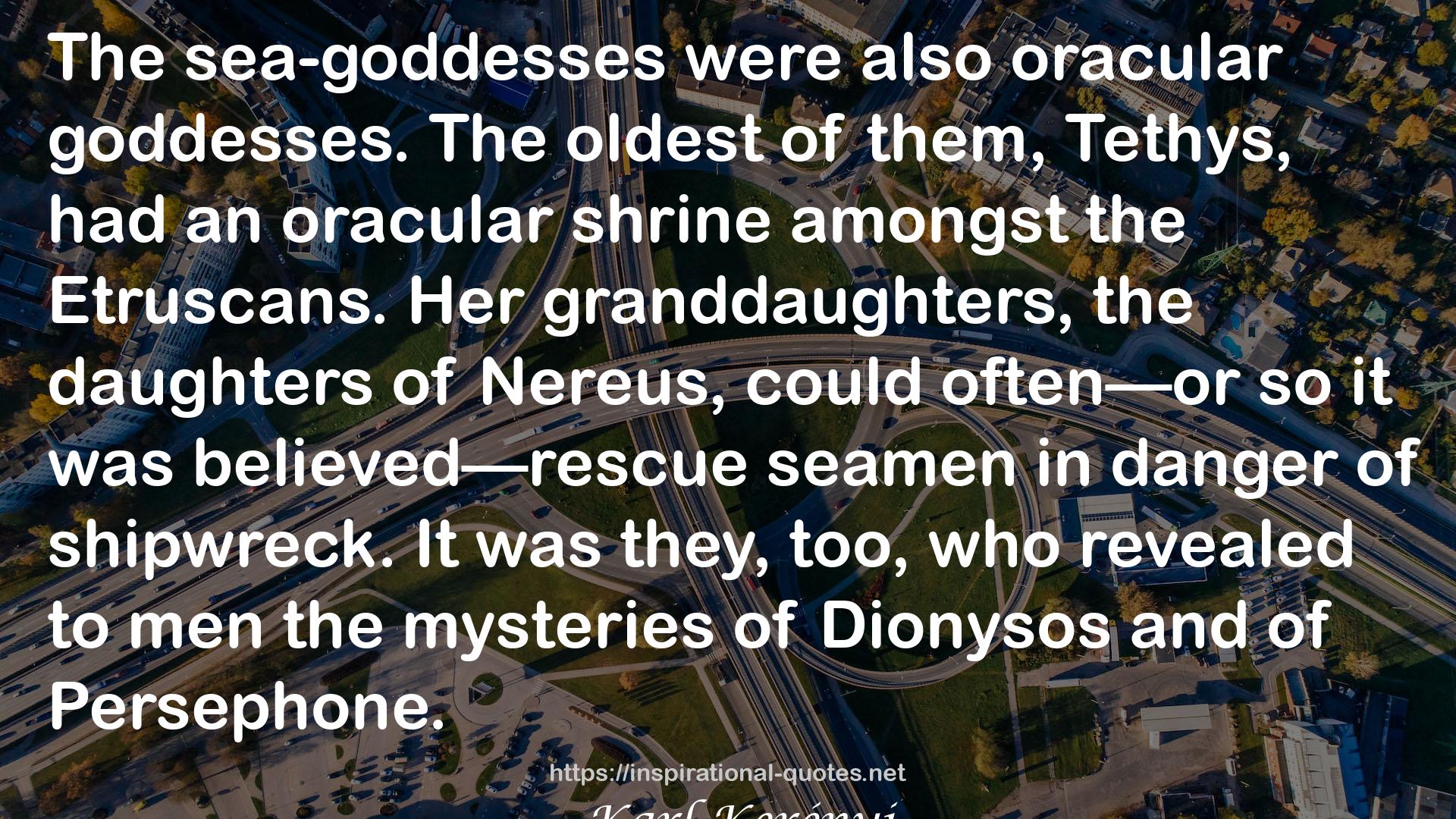The Gods of the Greeks QUOTES
SOME WORKS
- Metro 2034 (Metro, #2)
- Karanlık Oda
- Injustice: Gods Among Us, Vol. 1
- Wit's End
- Open Heart (Farsighted, #2)
- The Politics of Reality: Essays in Feminist Theory
- Bomb Power: The Modern Presidency and the National Security State
- The Essential Rumi, New Expanded Edition
- On The Accuracy Of Economic Observations
- Changing Lenses

